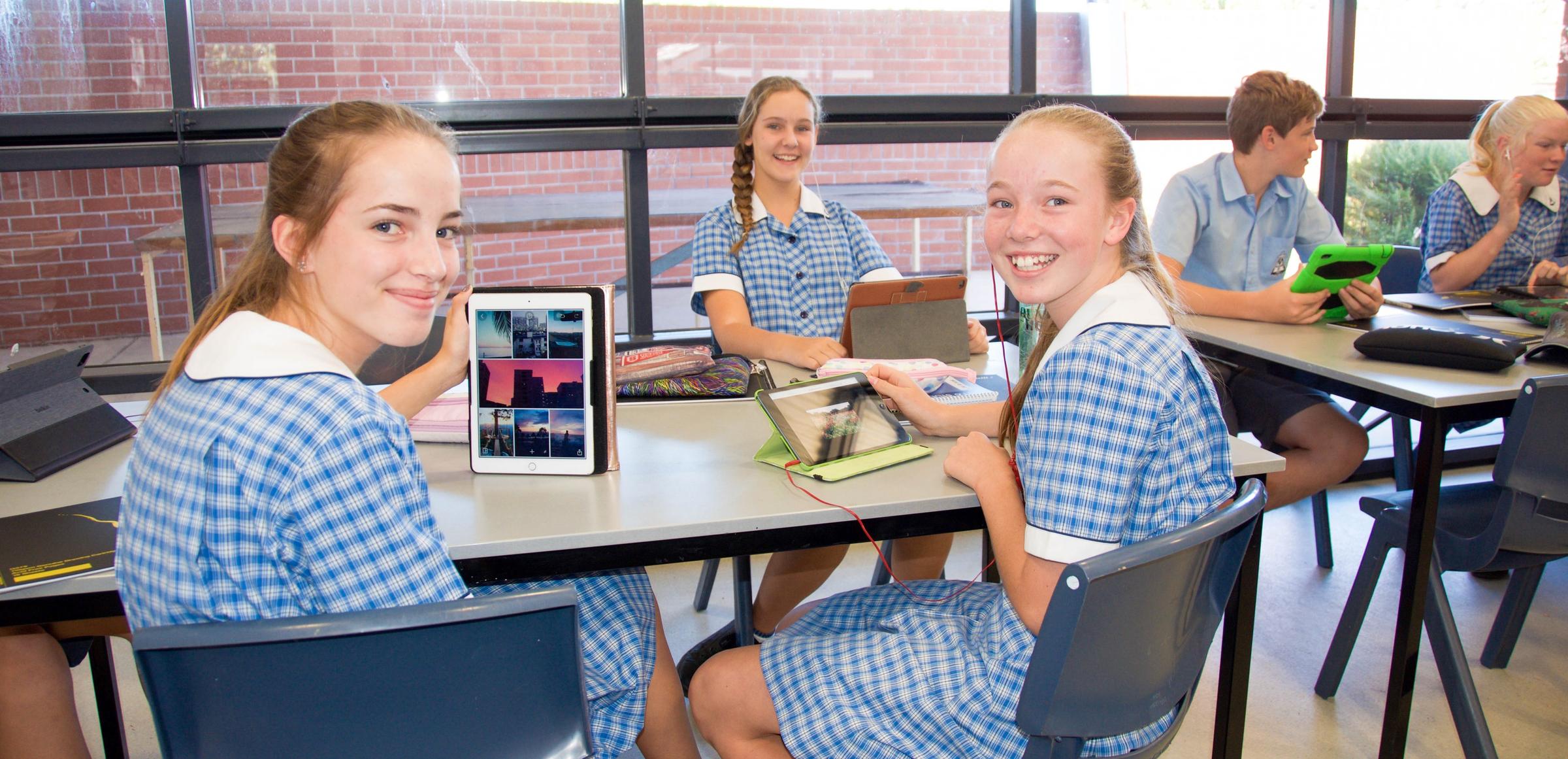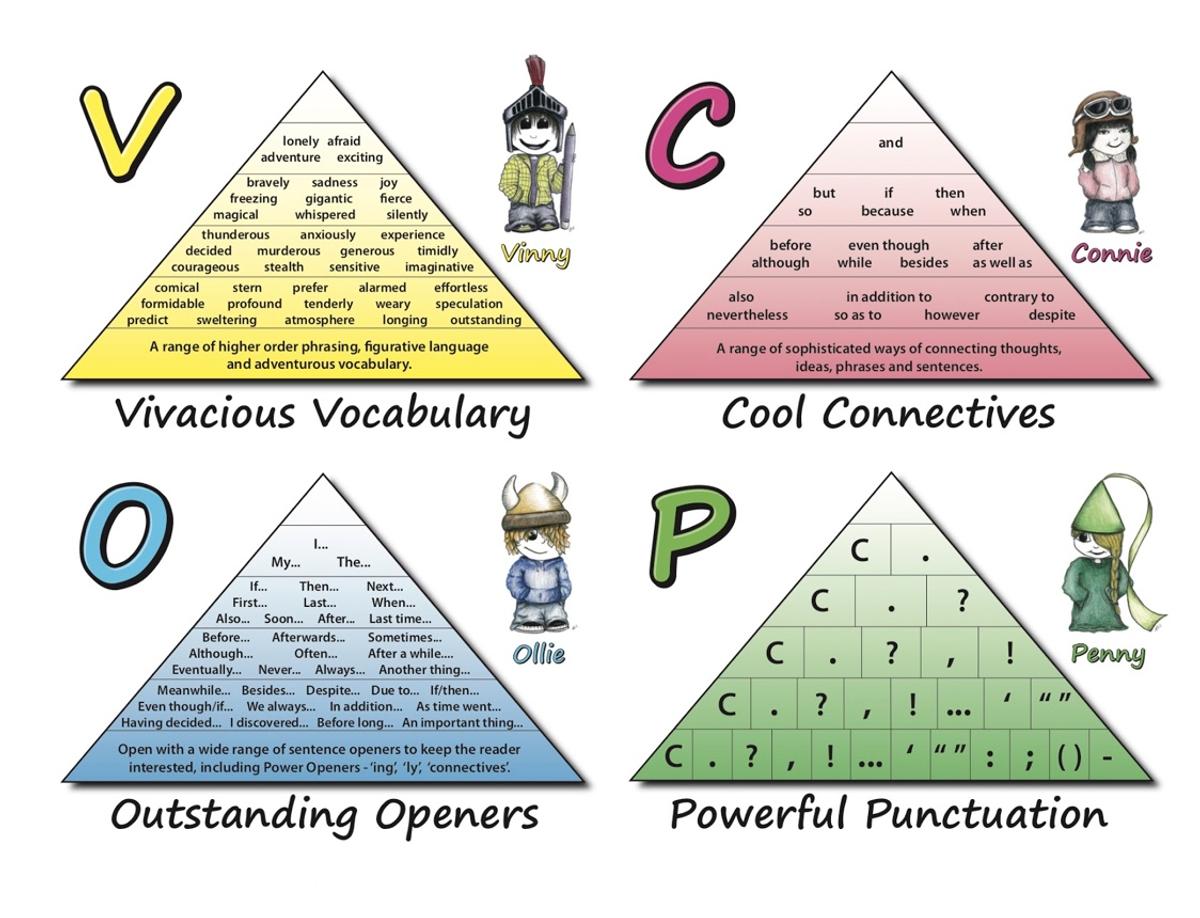SECONDARY NEWS
From the Assistant Principal

SECONDARY NEWS
From the Assistant Principal
Years 7 and 8 interviews will be held on Monday 23 March and Years 9 and 10 on Wednesday 25 March.
Notes with more information will be distributed this week.
Results of the VALID Science test sat by Year 8 in late 2019 have been given to students today to take home to parents and caregivers.
Literacy and numeracy skills are essential for success in learning and life after school. This is why students are required to show they have met a minimum standard of literacy and numeracy to receive the Higher School Certificate from 2020.
There will be multiple opportunities for your child to show they meet the HSC minimum standard by passing online tests of basic reading, writing and numeracy skills. These tests can be taken when your child is ready – be that this year, in Year 11 or 12 or after the HSC.
For more information, and flyers about the online tests and what they involve, visit the NESA website: https://educationstandards.nsw.edu.au/wps/portal/nesa/11-12/hsc/hsc-minimum-standard.
We will be undertaking these tests at school over the next few weeks before the end of the term. If you DO NOT wish your child to sit the trial online tests please return the slip on the note that was sent home with students.
This Friday students from Years 9 & 10 will compete in the annual Inverell Science and Engineering Challenge organised by the local Rotary Club.
The Science and Engineering Challenge is a day-long competition designed to provide Year 9 & 10 students with a positive experience of science and engineering. A maximum of 8 schools per day compete against each other at one venue. Good luck to Mr Gaias and our school team.
Over the next week Year 9 and 10 students will receive their assessment booklets, which outline the assessment guidelines for the year. This important document contains vital information regarding the RoSA, Record of School Achievement. It would be appreciated if parents could read the information contained in the booklet and discuss the issues raised with their children. Please return the slip to school indicating that you have received a copy of the booklet.
The assessment process is similar to that which the students will encounter in Stage 6 as they prepare for their Higher School Certificate.
Many students find it difficult to concentrate and stay focused when they are doing their schoolwork at home. So what can we do to improve concentration levels? Try these top tips:
All students in the secondary department have a subscription to HOTmaths for 2020. Each student will soon have an individual log in, enabling them to complete set work or revise content they need assistance with. It also allows their teacher to set work and track progress.
What is HOTmaths? It is an interactive online maths teaching and learning program for students based on the NSW curriculum.
In a few words HOTmaths is:
Students in Years 7 to 10 are encouraged to use their HOTmaths subscription. The program is a very effective tool for revision and consolidation of lessons taught in the classroom. We encourage all students to utilise their subscription and hopefully gain greater confidence in this subject. If parents have any queries regarding this they will be able to discuss the matter with their child’s Mathematics teacher at the Parent/Teacher meetings.
Improving the writing skills of our students has been a long-term goal of Holy Trinity. This year students from K - 9 are continuing to undertake the Big Write and VCOP program as a means of enhancing the standard of writing across the school.
Big Write and VCOP is a methodology for raising the standards in writing across all ages and ability levels. It seeks to address the reasons why there are falling standards in writing. Based on the premise that ‘if they can’t say it, they can’t write it’, learning is scaffolded to allow children to become articulate thinkers and speakers, who will then become articulate writers.
The program is designed to bring the enjoyment back into writing by engaging students in writing and continuously challenging them throughout their writing journey. Through games, activities, writing tasks, conversations and discussions, students will learn not only where their abilities lie in a fun and engaging way, but also the steps they need to take, in order to continue to improve.
In Years 7-9 ‘Big Writes’ are a component of assessment in English where the focus is on individual improvement and self-reflection; instead of marks and grades. Written tasks are done on a regular basis in the classroom during the course of a unit and work is then evaluated in a ‘Breakdown Buddy’ session. Students reflect on their performance in the task, celebrating achievements and then setting clear goals for future improvement.
What does VCOP stand for? (see the diagram below)
Vocabulary: Ambitious vocabulary, WOW words.
Connectives: A wide range of words and phrases for connecting thoughts, ideas and sentences.
Openers: Effective opening words and phrases to begin a sentence.
Punctuation: A wide range of punctuation, including power punctuation.
Do students still have homework in English?
YES - students are required to prepare for their writing tasks by researching and practicing their writing, but most importantly, talking to others. By orally discussing their knowledge and understanding of a particular issue, they are preparing for their upcoming ‘Big Write’.
Is my child’s writing still marked by a teacher?
All written work is closely monitored by their classroom teacher on a regular basis. Relevant and meaningful feedback is used by students to improve their next written task. On five occasions each year students complete a ‘Cold Write’ (equivalent to an English writing exam) that is moderated by at least two English teachers. This determines a student’s grade and is tracked on a student progress wall.
The ‘Big Write’ is an exciting project in the Secondary - already we are seeing significant improvements in student writing across all grades.
For further information please contact your child’s English teacher or Mrs Watchirs.

